We feel honoured by the outstanding group of Young Leaders joining the first phase of the 2018 OTT-TTI Fellowship programme.
This diverse and promising group of young leaders will engage with OTT for a year.
The young leaders will join hundreds of other thinktankers at the 2018 Think Tank Initiative Exchange (TTIX) in Bangkok in November 2018.
The 2018 Young Leaders
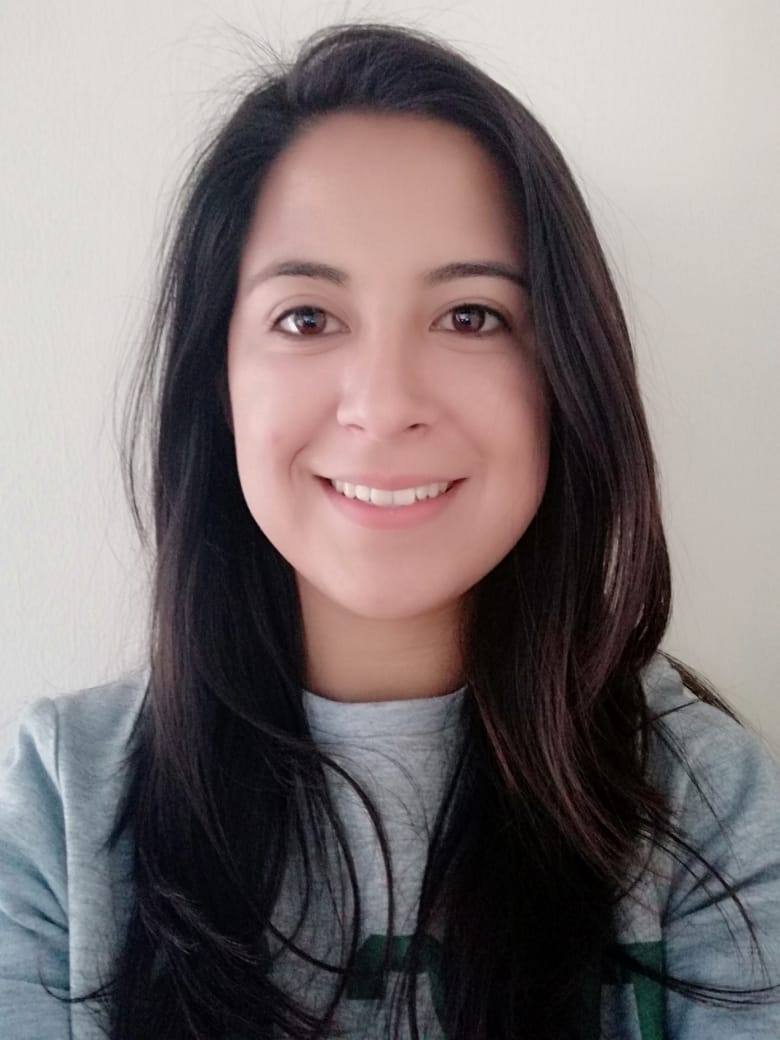 Alejandra Teran was born in La Paz, Bolivia. She holds a Bachelor’s degree in Economics from the Universidad Católica Boliviana “San Pablo” and a Diploma in Quantitative Methods for Economic Analysis from the Universidad Privada Boliviana.
Alejandra Teran was born in La Paz, Bolivia. She holds a Bachelor’s degree in Economics from the Universidad Católica Boliviana “San Pablo” and a Diploma in Quantitative Methods for Economic Analysis from the Universidad Privada Boliviana.
Alejandra is currently a Junior Researcher at the Institute for Advanced Development Studies (INESAD) helping to manage the project: “Fortalecimiento de la Investigación en Desarrollo Económico en Bolivia” and also the web-site of EMINPRO-INESAD, which provides information to support an informed dialogue to move towards decent jobs creation for the Bolivian workforce. She is a member of the Student Scientific Society of Economics in her University and also Co-founder of “REDES-UCB”, a journal made by students that is published every year. Before she started to work for INESAD, she has been Assistant Professor in Microeconomy I, Microeconomy II and General Economics and also worked as a research assistant at the IISEC-UCB (Instituto de Investigaciones Socio-Económicas). Her areas of research are gender economics, labor economics and social justice.
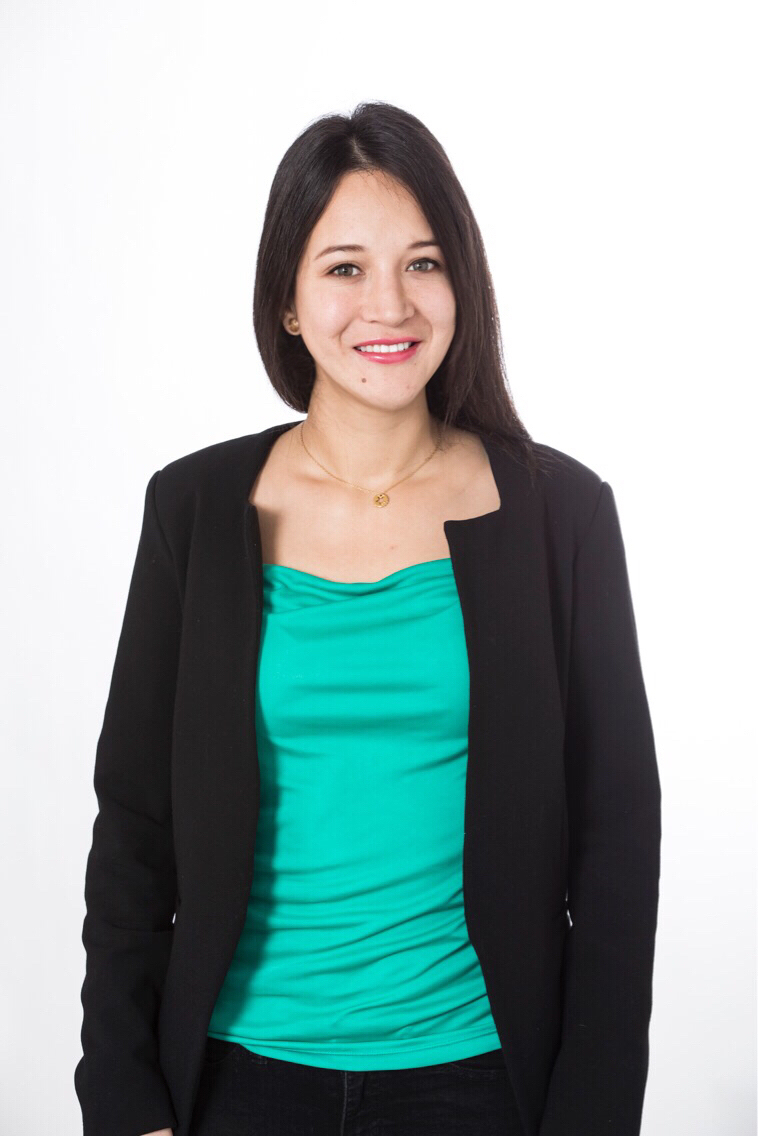
Andrea Villarreal is Coordinator of Research and Evaluation in Grupo FARO. She contributes to foster evidence based on public policy research, her areas of expertise include the quantitative evaluation of public policies (impact evaluation), macroeconomics, economic policy analysis, public budgeting and financial management and development economics. Andrea has received some academic awards and has participated in international public policy evaluation competitions such as the Global Public Policy Network in 2017.
Prior to joining Grupo FARO in Ecuador, she was Director of Economic Affairs (2017) and National Director of Decentralised Autonomous Governments (2012-2015) at the Ministry of Economy and Finance of Ecuador. Additionally, she has worked as a researcher at the International Institute of Finance in Washington DC (2016) and at the Catholic University of Ecuador (2013). She has also collaborated as general editor in The Public Sphere Journal at LSE (2016) and as an economic analyst at Banco del Estado (2011-2012).
Andrea holds a Master’s Degree in Public Administration with a specialisation in Economics and Public Policy from the London School of Economics and Political Science – LSE (2017); a Master in Finance and Risk Management from the Universidad Andina Simón Bolívar – UASB (2015), and a B.A in Economics from the Catholic University of Ecuador (2010).
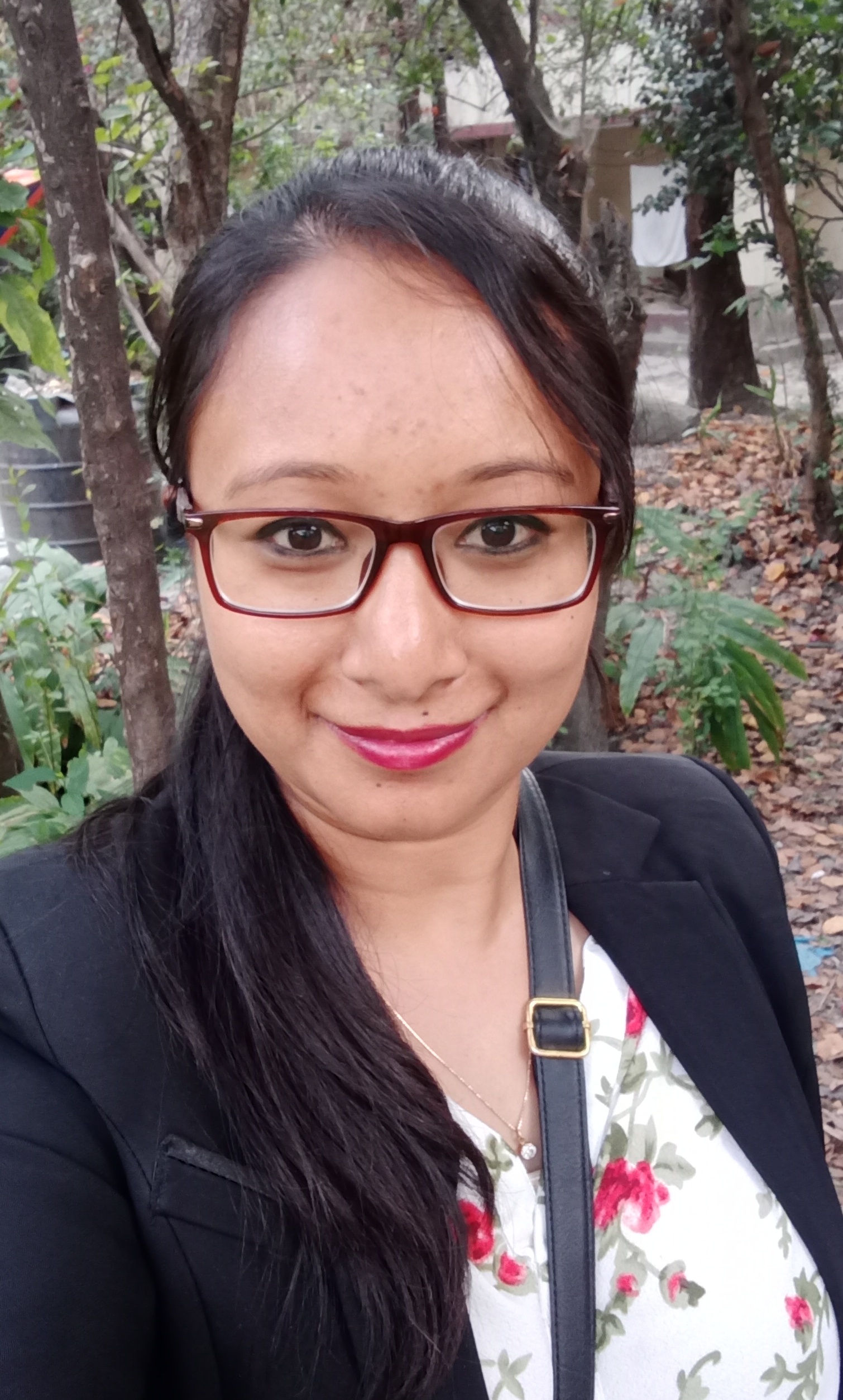
Anustha Shrestha is currently working as a Research Officer in ISET-Nepal. She completed her M.Sc. in Environmental Science with specialisation in natural resource management from Kathmandu University in 2011. For the past six years, Ms. Shrestha has been working on various research related to climate change, water governance, disaster risk reduction and right to information. She is largely interested in transboundary water issues, local water challenges, air pollution, and mountain hazards.
She has extensive fieldwork experience with skills on facilitation and rapport building with local stakeholders. During transboundary water research, she visited Koshi, Gandak and Mahakali river basins to understand local perspectives on water sharing and concerns. She served as a trainer for resilience planning exercise which was the part of larger climate change project in the Panchase region of West Nepal. In the book, Nepal maa Bipad, she has contributed a section on 2014 mountain disasters. She has taken a short course on Water Conflict Management at UNESCO-IHE Institute for Water Education at Delft, The Netherlands. She has authored different reports, policy briefs, articles and book reviews.
Ms. Shrestha is involved in multiple TTI supported tasks which have become the flagship activities of ISET-Nepal. She has continuously worked with youths to enhance their research knowledge and capacity. She served as Conference Secretary of Graduate Conference on Environment and Sustainable Development in 2017 and 2018. Graduate Conference brings together fresh graduates of Nepal to present their research and review each other’s work and help them develop leadership and public speaking skills. She has coordinated ISET-Nepal’s Abishkar fellowship which is provided to undergraduate students for their innovative and creative ideas/inventions. Besides ISET-Nepal, she had previously worked in different organisations such as Kathmandu School of Law and Asian Network for Free Election, Myanmar. In 2015, she served as a long-term election observer in Myanmar and observed entire election process in Kayah state, Myanmar.
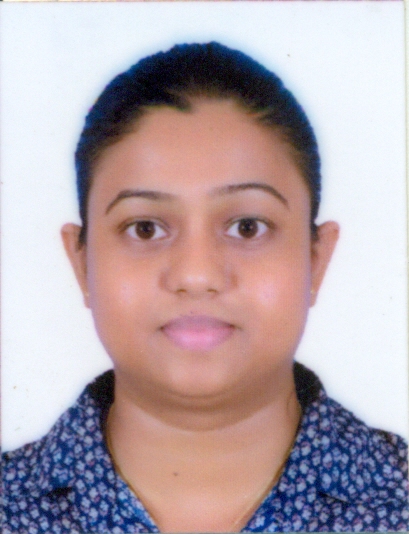
Ayomi Nanayakkara obtained her bachelor’s degree in Entrepreneurship and Management from the Uva Wellassa University, Sri Lanka. She is currently following a Master’s in Labour Relations and Human Resource Management at the University of Colombo, Sri Lanka.
Ayomi has over 5 years’ experience in Human Resource Management in the private sector and development agencies. She is currently Human Resource Executive of the Centre for Poverty Analysis (CEPA), a Sri Lankan think tank.
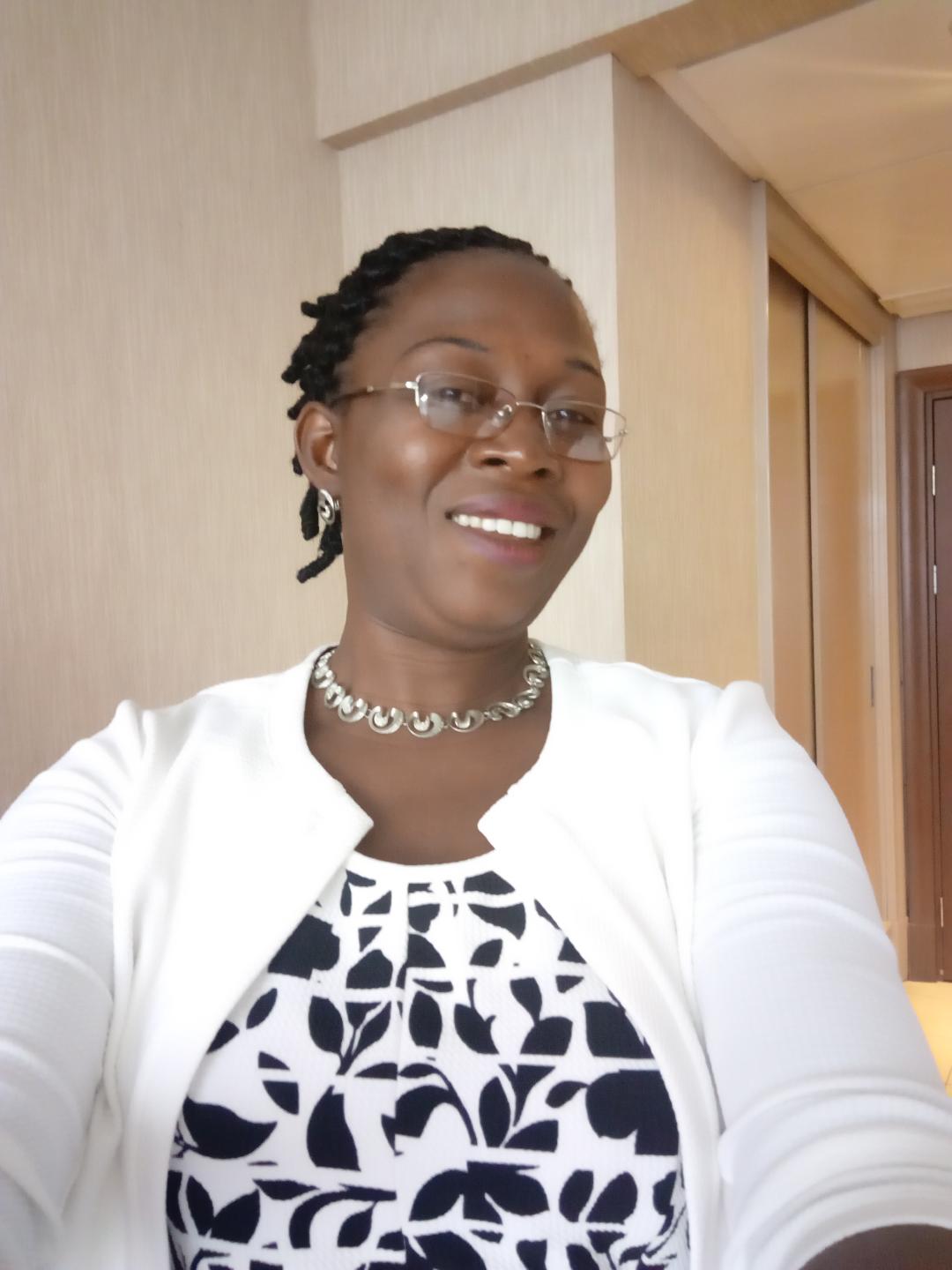
Beatrice C. Ndibe is the Human Resources and Administration Manager of the African Heritage Institution (AfriHeritage), a leading socio-economic policy think tank based in Enugu State, in the southeastern part of Nigeria. She has over 17 years of postgraduate working experience, out of which, 14 years have been spent working in AfriHeritage. She is a part time PhD student of Management at the University of Nigeria, where she has bagged two master’s degrees: MBA and M.Sc. in Management. Her first degree was in Secretarial Administration.
She is a specialist in secretarial administration, project facilitation and management, events management; while her areas of research interest include: organisational behaviour; social inequality, gender and human capital development. Beatrice has participated in many national and international job related trainings and workshops, which has tremendously improved her professional capacity. She enjoys travelling and meeting people.
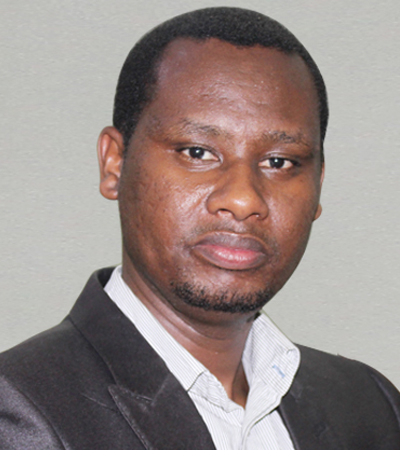
Bosco Kagaba is the Public Relations and Communications Expert at the Institute of Policy Analysis and Research(IPAR-Rwanda), the leading, independent not-for-profit think in Rwanda established in 2008. In his position, he is responsible for setting, implementing and evaluating the communication strategy. Prior to joining IPAR-Rwanda, Kagaba spent ten years practicing journalism both as a reporter and editor at Rwandan and Foreign Newspapers and over three years in Corporate Communication Consultancy. His area of specialisation is Business, Financial and Economic Journalism. Kagaba holds a Bachelor’s Degree with honours in Journalism, a Diploma in Media Studies and he is currently pursuing an MBA in Public Relations and Advertising. He is passionate about research and communication and the role they play in shaping global perspectives on issues hearty to human development.
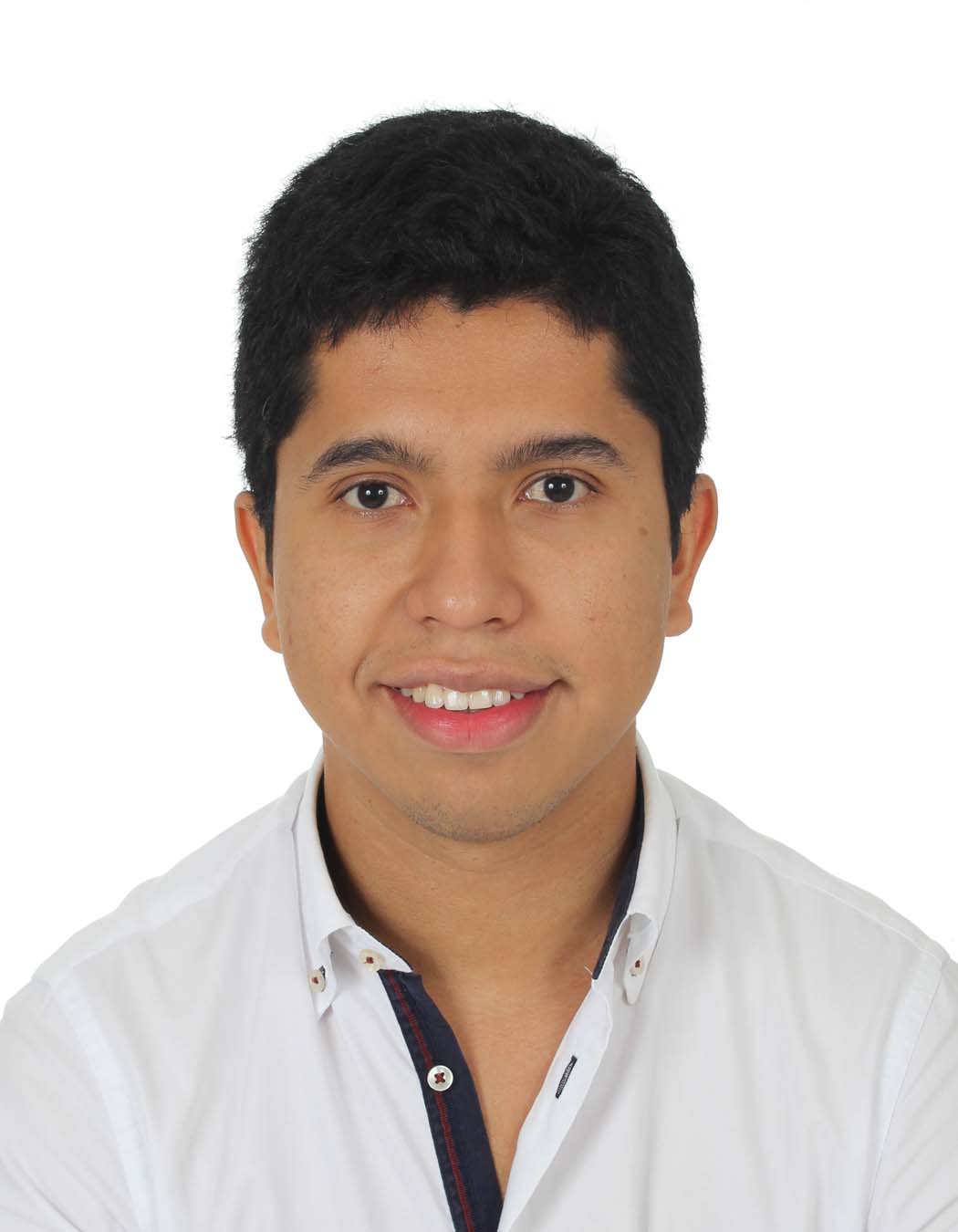
Carlos Eduardo Argueta is coordinator of public opinion studies at Fundaungo in El Salvador.
Carlos is an economist (magna cum laude) with a master’s degree on statistics applied to research (magna cum laude) from UCA (El Salvador). Since 2015, he’s part of the research team of Fundaungo. He has experience in quantitative and qualitative research. His research work focused on pension systems and social security in Latin America, fiscal issues, labor market, irregular migration, and electoral behaviour.

Chisom Ezeanyanwu is a graduate of Mechanical Engineering from Nnamdi Azikiwe University Awka and is currently undergoing his Masters Studies in the same university (Internal Combustion Engine Option).
He started his career as a Data Analyst at Chatdesk Inc. and later joined the African Heritage Institution (AfriHeritage) as the ICT Officer. He is a Registered Member of Nigerian Society of Engineers (NSE), MTN Foundation Alumni and a Member, Institution of Mechanical Engineers (IMechE). Since Joining AfriHeritage he has taken charge of the quarterly News Letter Publications (Design and publication), Management of the Institutions website, social media platforms, blog, and also troubleshooting, maintenance and installation of computers software and internet routers and systems.
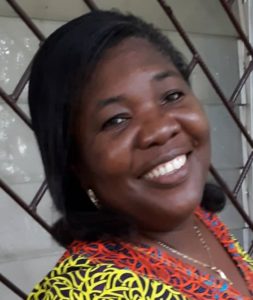 Cynthia Addoquaye Tagoe a Research Fellow at the Institute of Statistical, Social and Economic Research (ISSER) of the University of Ghana. Her interests are in Participatory Approaches to Governance, Decentralisation, Migration, Gender-related Developmental Issues, Institutions, Urban Development and Climate Change. She is a person of good principles and values and believes in hard work, getting the best out of people and empowering the youth especially girls. She has excellent coordinating, presentation, interpersonal and communication skills and is result-oriented. All these skills and her ability to multitask were displayed as Coordinator of the DEltas, vulnerability and Climate Change: Migration and Adaptation (DECCMA) Project in Ghana for more than two years and as Hall Tutor in the University of Ghana for the past four years. Her experiences in general research, interaction with local and national level stakeholders, young people and leadership are worthy sharing.
Cynthia Addoquaye Tagoe a Research Fellow at the Institute of Statistical, Social and Economic Research (ISSER) of the University of Ghana. Her interests are in Participatory Approaches to Governance, Decentralisation, Migration, Gender-related Developmental Issues, Institutions, Urban Development and Climate Change. She is a person of good principles and values and believes in hard work, getting the best out of people and empowering the youth especially girls. She has excellent coordinating, presentation, interpersonal and communication skills and is result-oriented. All these skills and her ability to multitask were displayed as Coordinator of the DEltas, vulnerability and Climate Change: Migration and Adaptation (DECCMA) Project in Ghana for more than two years and as Hall Tutor in the University of Ghana for the past four years. Her experiences in general research, interaction with local and national level stakeholders, young people and leadership are worthy sharing.
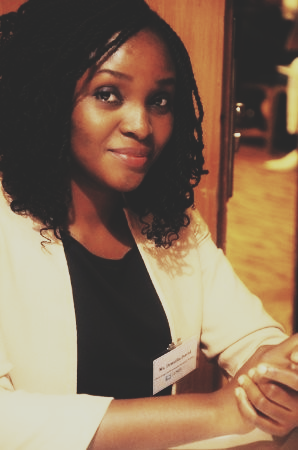
Drusilla David is the Communications and Institutional Advancement Officer for CSEA. She is responsible for the implementation of CSEA’s overall Communications, Media Relations and fundraising strategies- including the dissemination and outreach of the Centre’s objectives in Nigeria and across Africa. She earned a Bachelor of Science degree in Mass Communication from Ahmadu Bello University, Zaria, in Nigeria. She also holds a Certificate in Advanced Writing and Reporting Skills (AWARES) from the School of Media and Communication, Pan-Atlantic University, Lagos Nigeria. As a former correspondent in one of Nigeria’s National Dailies, she has experience in the reportage and analysis of various sectors of the Nigerian economy including, Agribusiness, Education and Poverty, with several written and published reports, interviews and feature articles.
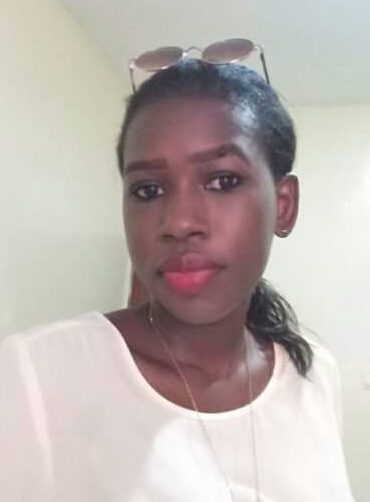 Founty Alassane Fall is research assistant at the Consortium pour la recherche économique et sociale (CRES) in Senegal. Currently she works on a project on gender responsive budgeting. Founty has a master’s degree in economics with a specialisation on human resources. The experience she has gained with CRES has given her the opportunity to participate in several projects on different fields despite her young experience and this has allowed her to acquire new knowledge and know-how.
Founty Alassane Fall is research assistant at the Consortium pour la recherche économique et sociale (CRES) in Senegal. Currently she works on a project on gender responsive budgeting. Founty has a master’s degree in economics with a specialisation on human resources. The experience she has gained with CRES has given her the opportunity to participate in several projects on different fields despite her young experience and this has allowed her to acquire new knowledge and know-how.
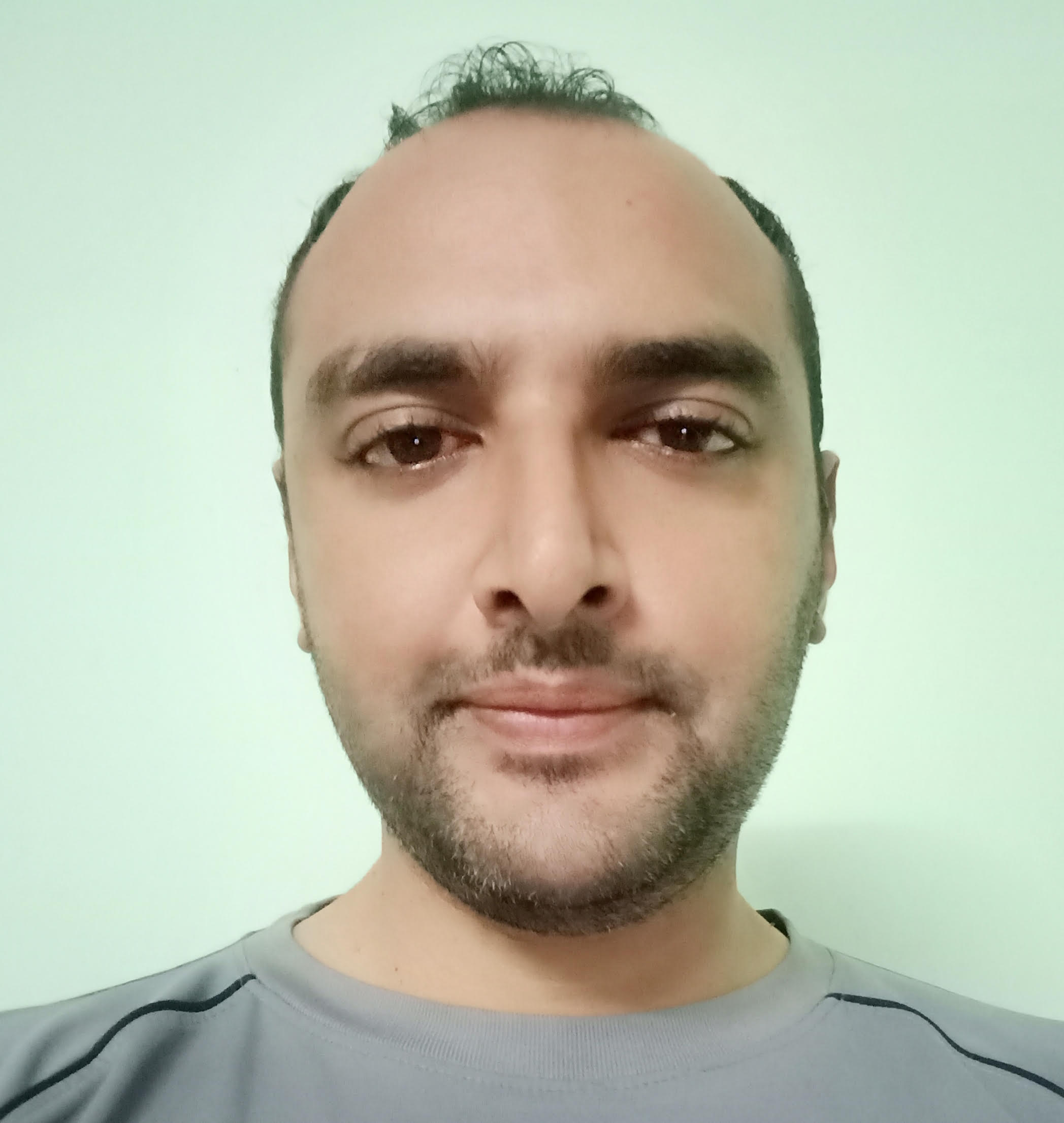 Hari Dilip Kumar works on systemic issues of sustainability, climate change and development at Public Affairs Centre, at Bengaluru in India. His past experience is in clean energy and water, in India, Germany and Bangladesh. He co-founded FluxGen, a sustainable technologies company in Bangalore, and headed research at SOLshare, a Dhaka-based social entrepreneurship that operates as a solar utility in remote off-grid areas of Bangladesh. He significantly contributed to work awarded several times for innovation and impact, including by Intersolar, the German Energy Agency, Elsevier, twice by National Instruments, and twice by the United Nations.
Hari Dilip Kumar works on systemic issues of sustainability, climate change and development at Public Affairs Centre, at Bengaluru in India. His past experience is in clean energy and water, in India, Germany and Bangladesh. He co-founded FluxGen, a sustainable technologies company in Bangalore, and headed research at SOLshare, a Dhaka-based social entrepreneurship that operates as a solar utility in remote off-grid areas of Bangladesh. He significantly contributed to work awarded several times for innovation and impact, including by Intersolar, the German Energy Agency, Elsevier, twice by National Instruments, and twice by the United Nations.
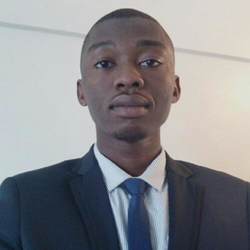 Joseph Ishaku currently works as a Research Associate at the Centre for the Study of the Economies of Africa (CSEA), a think tank based in Abuja, Nigeria that specialises in applied economic policy research. He holds a Masters in Economics from University College London (UCL), United Kingdom and a Bachelors degree in Economics from the American University Nigeria (AUN), Yola. His research interests include Development Economics and Education.
Joseph Ishaku currently works as a Research Associate at the Centre for the Study of the Economies of Africa (CSEA), a think tank based in Abuja, Nigeria that specialises in applied economic policy research. He holds a Masters in Economics from University College London (UCL), United Kingdom and a Bachelors degree in Economics from the American University Nigeria (AUN), Yola. His research interests include Development Economics and Education.
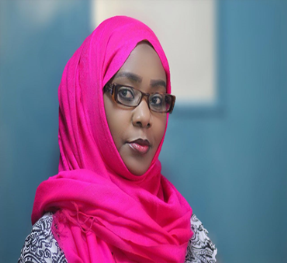 Khadija Omar Kayanda an Event Management Officer with 12 years experience. She currently coordinates events and projects in general and women in leadership at REPOA. She has expertise in conceptualisation, planning, executing, monitoring and evaluating both local and international events. She has successfully implemented more than 12 events from diverse areas including policy dialogues, CEO round tables, book launches, report disseminations and international workshops.
Khadija Omar Kayanda an Event Management Officer with 12 years experience. She currently coordinates events and projects in general and women in leadership at REPOA. She has expertise in conceptualisation, planning, executing, monitoring and evaluating both local and international events. She has successfully implemented more than 12 events from diverse areas including policy dialogues, CEO round tables, book launches, report disseminations and international workshops.
Khadija holds BA in Business Administration and a Diploma in Management from East London University.
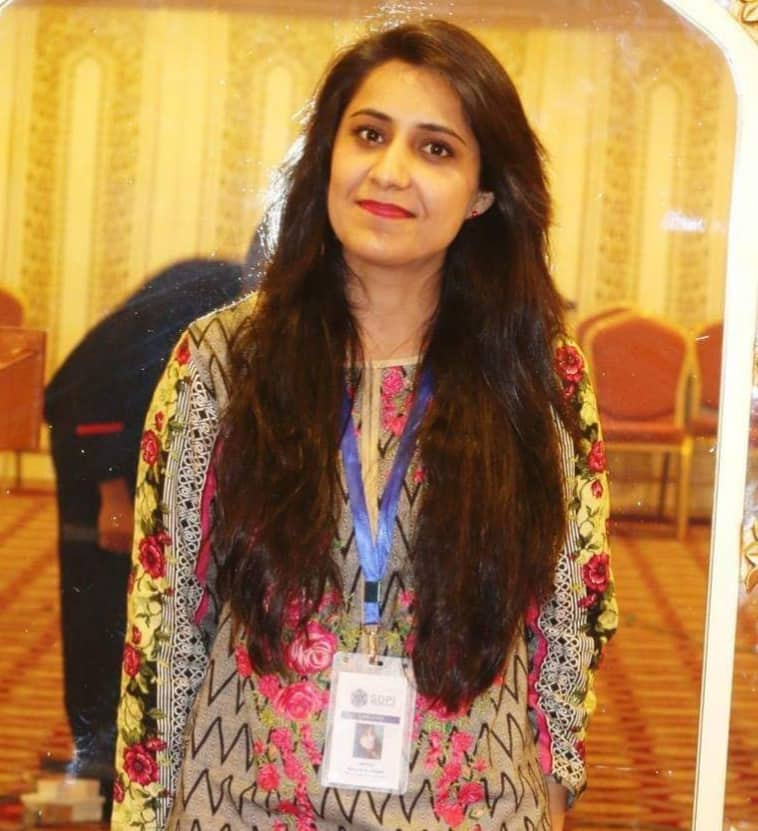
Maryam Shabbir did her MPhil in Environmental Policy and Management from Bahria University, Islamabad. She received a bachelor’s degree in Environmental Sciences from Fatima Jinnah Women University, Rawalpindi. She has a diploma on ‘Turn down the Heat: Why a 4°C Warmer World must be Avoided’ from The World Bank.
At present, she works as Project Associate on Climate Change and Gender at SDPI. She mainly focuses gender mainstreaming into climate change policies through evident based research. Besides, she is the Coordinator – Digital Media. She usually writes on water governance, climate change, air & water pollution, and gender issues.
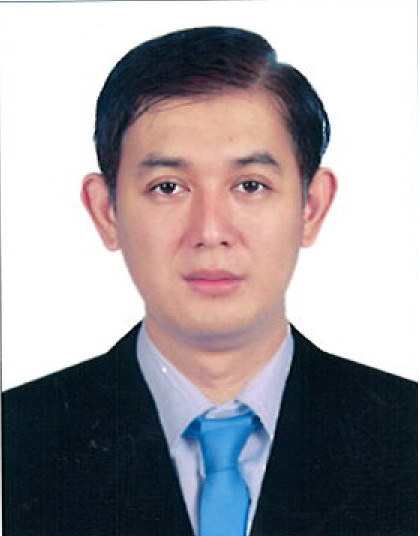 Min Zar Ni Lin is a Deputy Director of Research for Centre for Economic and Social Development (CESD), a Myanmar think tank focuses on research, advocacy and training activities to further the process of reform and development in Myanmar. He holds a master’s degree in economics from Chiang Mai University, Thailand and was a Research Fellow of the Sustainable Minerals Institute (SMI), the University of Queensland from 2014 to 2015. He is also a member of Rubber Sector Development Committee of Mon State Government. He had worked as a Deputy National Coordinator at the Myanmar Extractive Industries Transparency Initiative (MEITI) National Coordination Office, to facilitate a collaborative process with government, private sector and civil society to promote transparency and accountability in the extractive sector of Myanmar. His research interest is in the area of small and medium enterprises (SMEs) development, labour market and migration and natural resource governance.
Min Zar Ni Lin is a Deputy Director of Research for Centre for Economic and Social Development (CESD), a Myanmar think tank focuses on research, advocacy and training activities to further the process of reform and development in Myanmar. He holds a master’s degree in economics from Chiang Mai University, Thailand and was a Research Fellow of the Sustainable Minerals Institute (SMI), the University of Queensland from 2014 to 2015. He is also a member of Rubber Sector Development Committee of Mon State Government. He had worked as a Deputy National Coordinator at the Myanmar Extractive Industries Transparency Initiative (MEITI) National Coordination Office, to facilitate a collaborative process with government, private sector and civil society to promote transparency and accountability in the extractive sector of Myanmar. His research interest is in the area of small and medium enterprises (SMEs) development, labour market and migration and natural resource governance.
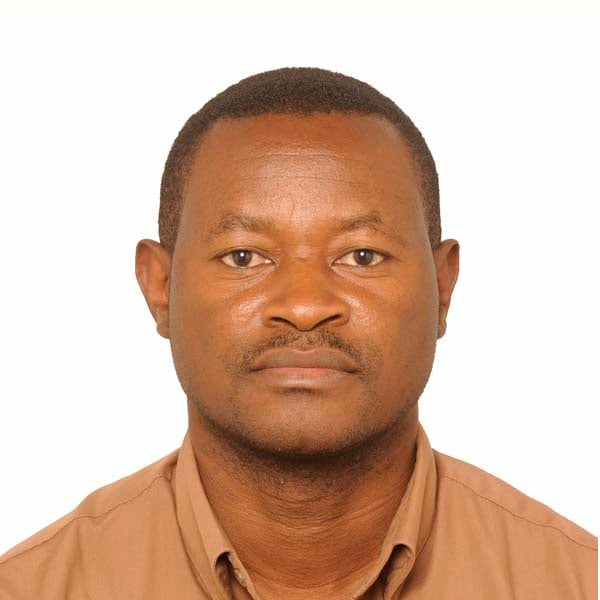 Musambya Mutambala works for the Science, Technology and Innovation Policy Research Organisation (STIPRO) as Research Fellow. He undertakes policy research activities and publishes in the area of science, technology and innovation (STI). He is currently a legal entity appointed representative (LEAR) supervising the “Integrated Aquaculture based on sustainable water recirculating system for the Lake Victoria” (VicInAqua), a project which has received funding from the European Union’s Horizon 2020 research and innovation programme under the grant agreement No. 689427. He also worked as National Research Assistant for UNIDO-Tanzania and co-authored the “Tanzania Industrial Competitiveness Report 2012”.
Musambya Mutambala works for the Science, Technology and Innovation Policy Research Organisation (STIPRO) as Research Fellow. He undertakes policy research activities and publishes in the area of science, technology and innovation (STI). He is currently a legal entity appointed representative (LEAR) supervising the “Integrated Aquaculture based on sustainable water recirculating system for the Lake Victoria” (VicInAqua), a project which has received funding from the European Union’s Horizon 2020 research and innovation programme under the grant agreement No. 689427. He also worked as National Research Assistant for UNIDO-Tanzania and co-authored the “Tanzania Industrial Competitiveness Report 2012”.
Mutambala holds a master’s degree in Development Studies from the University of Dar es Salaam (UDSM), and he is currently pursuing his PhD at UDSM and Aalborg University (Denmark) as part of a programme, focusing on “local content in the gas supply chain: a study of technological capability building among small and medium enterprises”. He has intensive trainings in innovation policy for developing countries, management of technology and innovation, indicators of industry and trade competitiveness for country diagnosis.
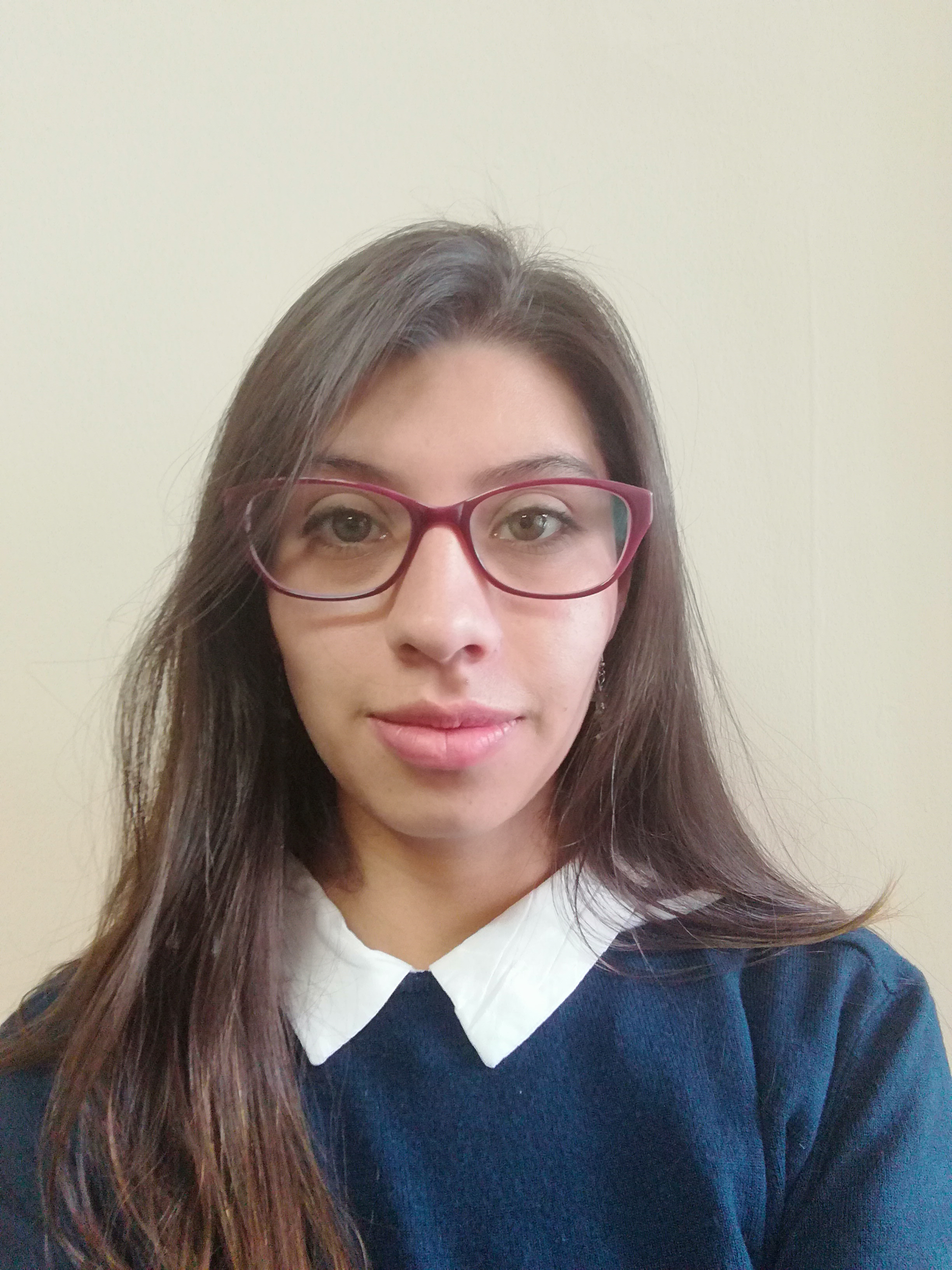
Natalie Echenique was born and raised in La Paz, Bolivia. She obtained a bachelor degree in Economics from the San Pablo Bolivian Catholic University. As a young researcher in ARU Foundation, she assisted on and led research on income distribution, labor market and gender inequalities in Bolivia. Also, she has assisted in the coordination of the Impact Evaluation Module for capacity development with ILAIPP centres. Before working at ARU Foundation, she was an intern at Bolivian Central Bank. In this position she assisted in macroeconomic research.
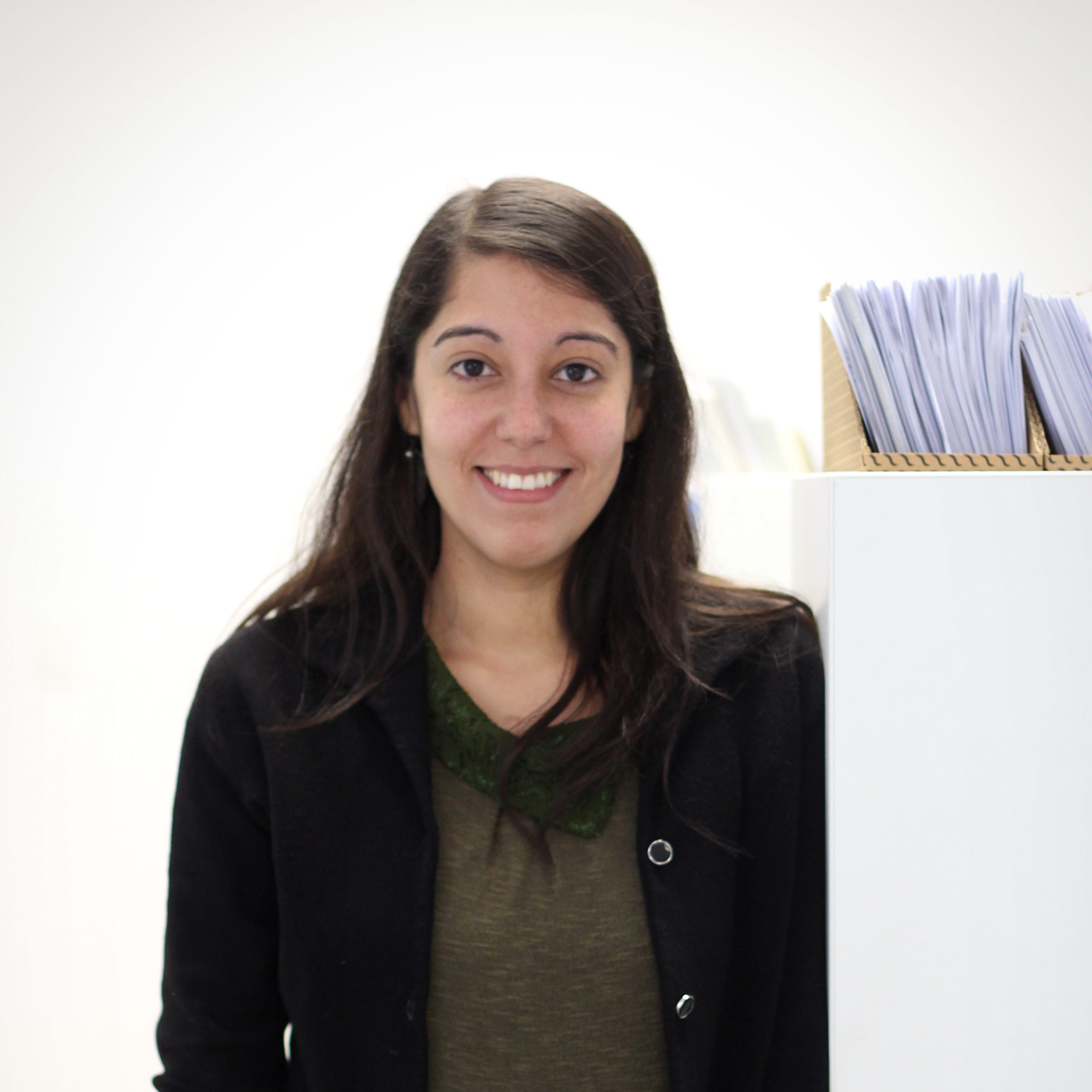 Paula Pino is the Communications Coordinator at the Group for the Analysis of Development (GRADE), one of the main social research centres in Peru. She conducts the implementation of GRADE’s communications strategy, including a digital plan-to-action, closely linked to the monitoring and evaluation plan, the professional development plan, and the policy engagement plan. She is a master’s degree student in Human Development at the Pontifical Catholic University of Peru, and holds a BA in Science and Communication Arts with a major in Journalism from the Pontifical Catholic University of Peru, and a specializsation in Multimedia Creation from the University of the Andes, in Colombia. Before joining GRADE seven years ago, Paula worked in national media and institutional press.
Paula Pino is the Communications Coordinator at the Group for the Analysis of Development (GRADE), one of the main social research centres in Peru. She conducts the implementation of GRADE’s communications strategy, including a digital plan-to-action, closely linked to the monitoring and evaluation plan, the professional development plan, and the policy engagement plan. She is a master’s degree student in Human Development at the Pontifical Catholic University of Peru, and holds a BA in Science and Communication Arts with a major in Journalism from the Pontifical Catholic University of Peru, and a specializsation in Multimedia Creation from the University of the Andes, in Colombia. Before joining GRADE seven years ago, Paula worked in national media and institutional press.
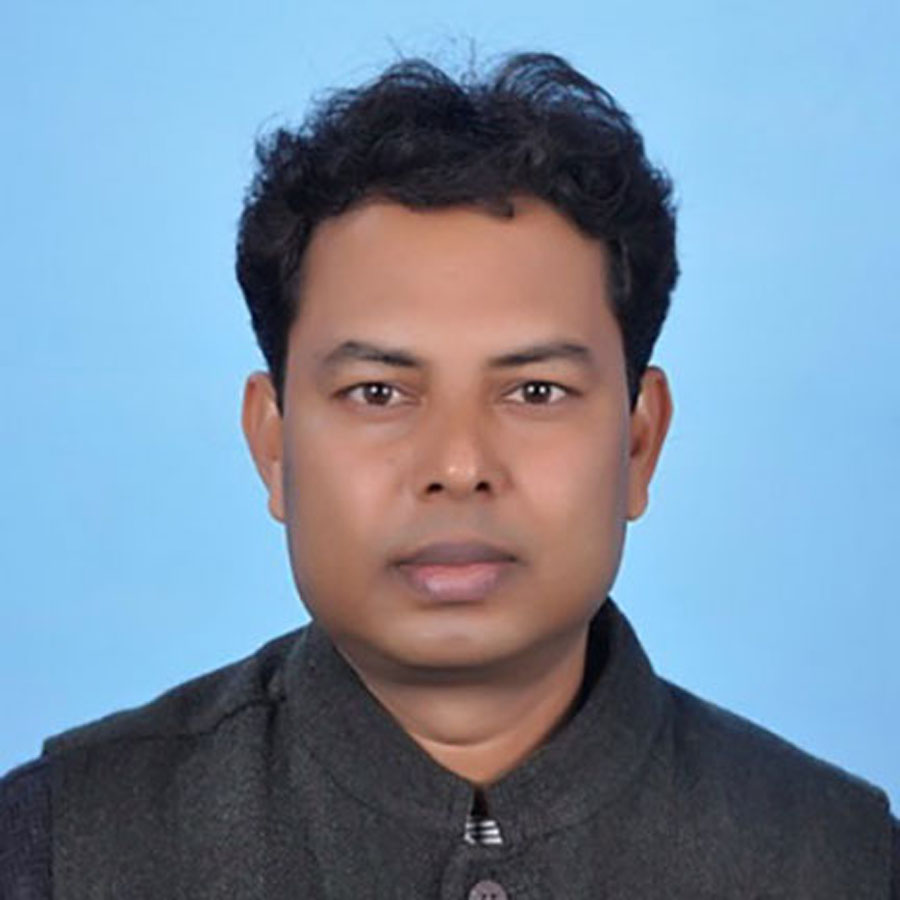
Sanjeer Alam is trained in social geography at Centre for the Study of Regional Development, Jawaharlal Nehru University (New Delhi) where he received his Ph.D. Currently, he is working with Centre for the Study of Developing Societies (CSDS), Delhi as Associate Professor. He has been associated with CSDS, a globally renowned social science research as well as think tank institute, for over twelve years.
Alam’s research interests encompass a variety of themes including the politics of educational policy, sociospatial inequalities in education and labour market outcomes, social exclusion and affirmative action. He has undertaken and led a number of multi-institutional collaborative research projects. His research is theoretically informed and deeply empirically grounded, and speaks directly to the world of public policy making. While his research is deeply rooted in Indian context, it remains alive to and deeply engages with the public debates on and policy responses to issues of similar nature in other (international) contexts. In essence, the findings and output of his research is of global relevance.
Nang Seng Pin, Centre for Economic and Social Development (CESD), Myanmar
 Sulamba Shaaban has a strong background in Accounting and Financial Management. She holds a Bachelor of Commerce in Accounting from University of Dar es Salaam and Masters of Business Administration specialised in Finance from Open University of Tanzania. She is also a Certified Public Accountant registered by the National Board of Accountants and Auditors of Tanzania. Her professional focus is to maintain and promote the financial health of an organisation in terms of keeping accurate and reliable financial records, cost management, producing financial reports and developing strategies and plans for the long term financial goals of the organisation. In addition she supports business administration by supervising staff, planning, organising and implementing administrative systems. She also takes care of the projects administrative logistics.
Sulamba Shaaban has a strong background in Accounting and Financial Management. She holds a Bachelor of Commerce in Accounting from University of Dar es Salaam and Masters of Business Administration specialised in Finance from Open University of Tanzania. She is also a Certified Public Accountant registered by the National Board of Accountants and Auditors of Tanzania. Her professional focus is to maintain and promote the financial health of an organisation in terms of keeping accurate and reliable financial records, cost management, producing financial reports and developing strategies and plans for the long term financial goals of the organisation. In addition she supports business administration by supervising staff, planning, organising and implementing administrative systems. She also takes care of the projects administrative logistics.
Currently Sulamba works as a Chief Administrative and Finance Manager with Science Technology and Innovation Policy Research Organization (STIPRO) in Tanzania.
As a Finance and Administrative expert, Sulamba’s professional experience spans a decade of working and holding different senior roles in her area of expertise. Before joining STIPRO in 2016, she worked with the Tanzania Insurance Regulatory Authority as a Senior Finance and Administrative Officer for three years. She has also worked with the Dar Es Salaam University Collage of Education (DUCE) as the senior internal Auditor from 2010-2013. Sulamba has also worked as an External Auditor with Ernst and Young Tanzania from 2008 -2010, which is one of the Big Four Auditing Firms in the world.
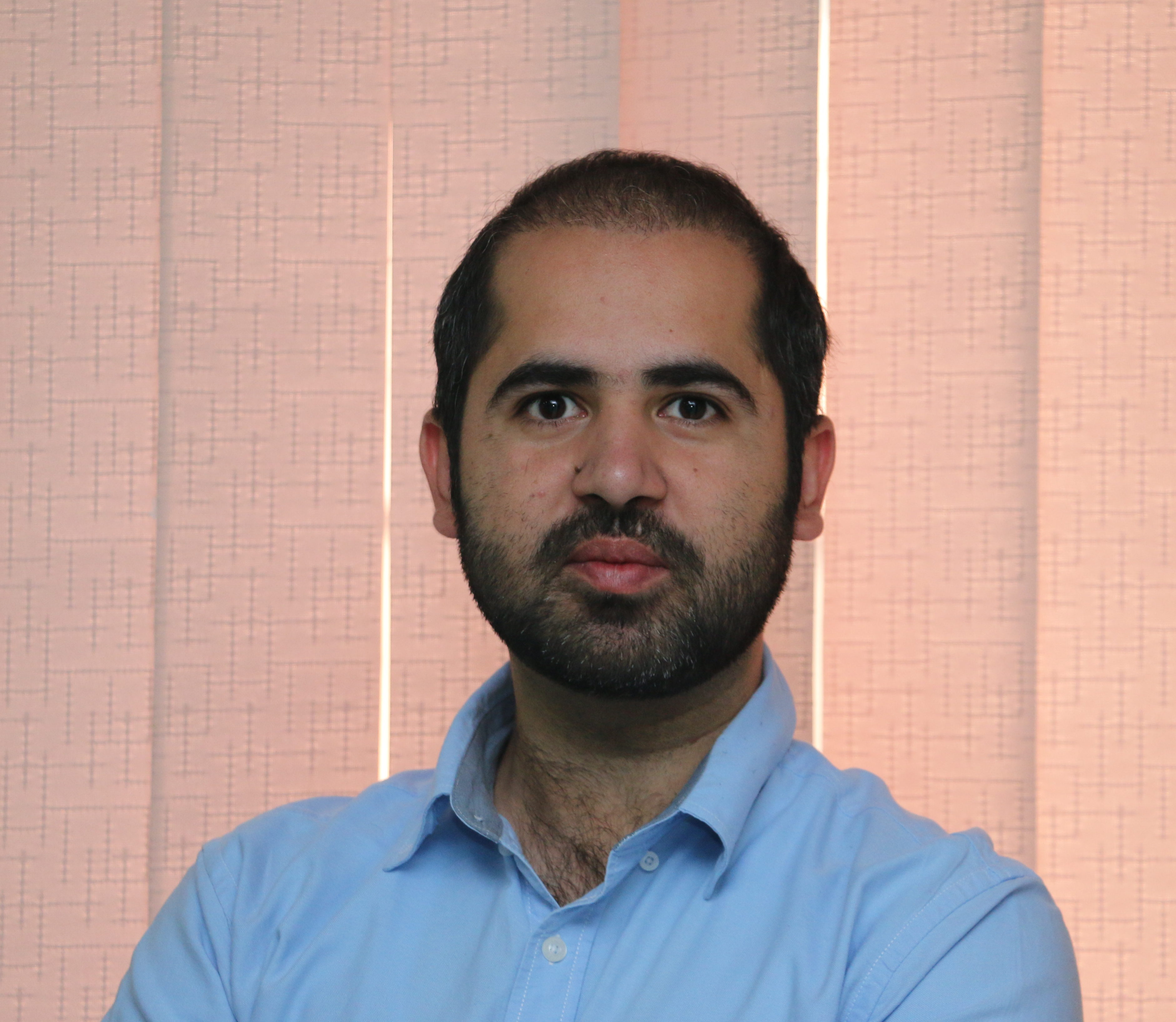 Syed Ali Wasif Naqvi is a Project Associate with Sustainable Development Policy Institute. He has experience of working on research projects including Pakistan’s Quarterly Trade Bulletin, Disaggregating Recruitment and uncovering the Expectations and Hidden Steps in the Labour Migration, Protecting and Promoting Freedom of Religion and Belief, Sustainable use of energy resources in the Asia-Pacific Region.
Syed Ali Wasif Naqvi is a Project Associate with Sustainable Development Policy Institute. He has experience of working on research projects including Pakistan’s Quarterly Trade Bulletin, Disaggregating Recruitment and uncovering the Expectations and Hidden Steps in the Labour Migration, Protecting and Promoting Freedom of Religion and Belief, Sustainable use of energy resources in the Asia-Pacific Region.
At inception level of his career; he has experience of working with different Media organisations including ARY News, Pakistan Television News and Inter Services Public Relations (ISPR). He holds a Master’s degree in Mass Communication from NUML Islamabad and he has acquired his M.Phil. from National Defense University (NDU) Pakistan in Peace & Conflict Studies. Wasif has reported on different social issues including Climate change, Gender issues particularly Transgenders, Economic development, Trade, Energy crises, Education, Peace restoration, health, etc.
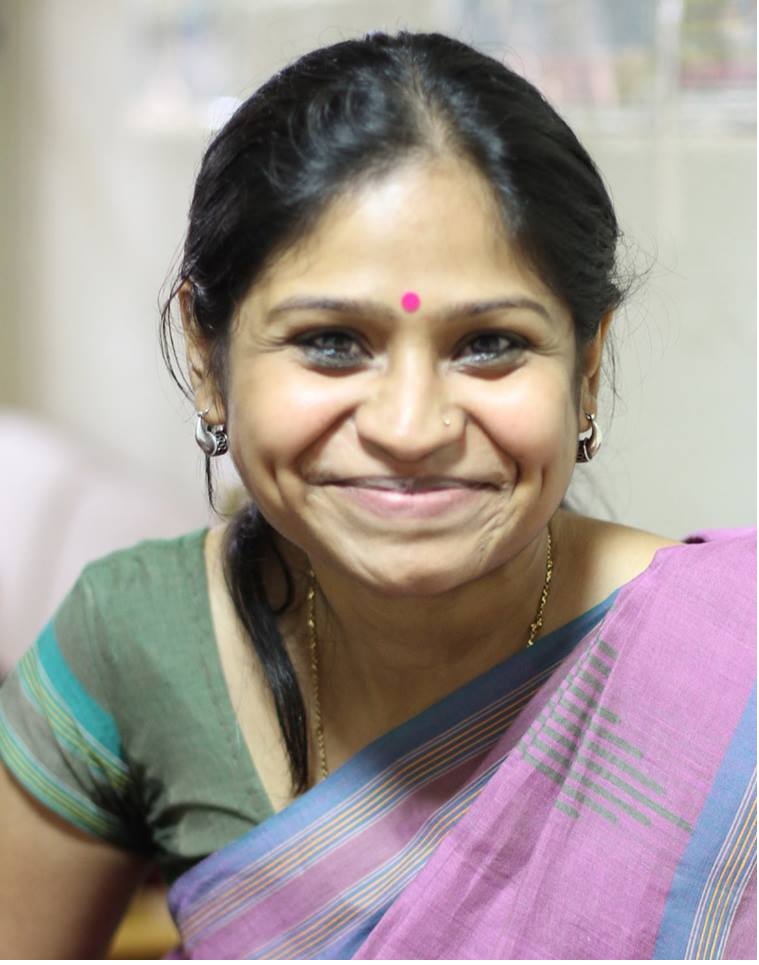 Varsha Pillai has over 15 years of experience in the communication space, a bulk of which was spent as a TV news journalist at news organisations like CNN-IBN and ANI-Reuters. She has worked across diverse communication verticals including internal communication, public relations and media advocacy in the NGO and for profit sector. She was a National Film Archives of India (NFAI) research fellow in 2009 and in 2017 she received the Netherlands Fellowship to attend a course at Radio Netherlands Training Centre (RNTC) in Amsterdam. Currently she is a Program Manager, Policy Engagement and Communication at the Public Affairs Centre (PAC).
Varsha Pillai has over 15 years of experience in the communication space, a bulk of which was spent as a TV news journalist at news organisations like CNN-IBN and ANI-Reuters. She has worked across diverse communication verticals including internal communication, public relations and media advocacy in the NGO and for profit sector. She was a National Film Archives of India (NFAI) research fellow in 2009 and in 2017 she received the Netherlands Fellowship to attend a course at Radio Netherlands Training Centre (RNTC) in Amsterdam. Currently she is a Program Manager, Policy Engagement and Communication at the Public Affairs Centre (PAC).

